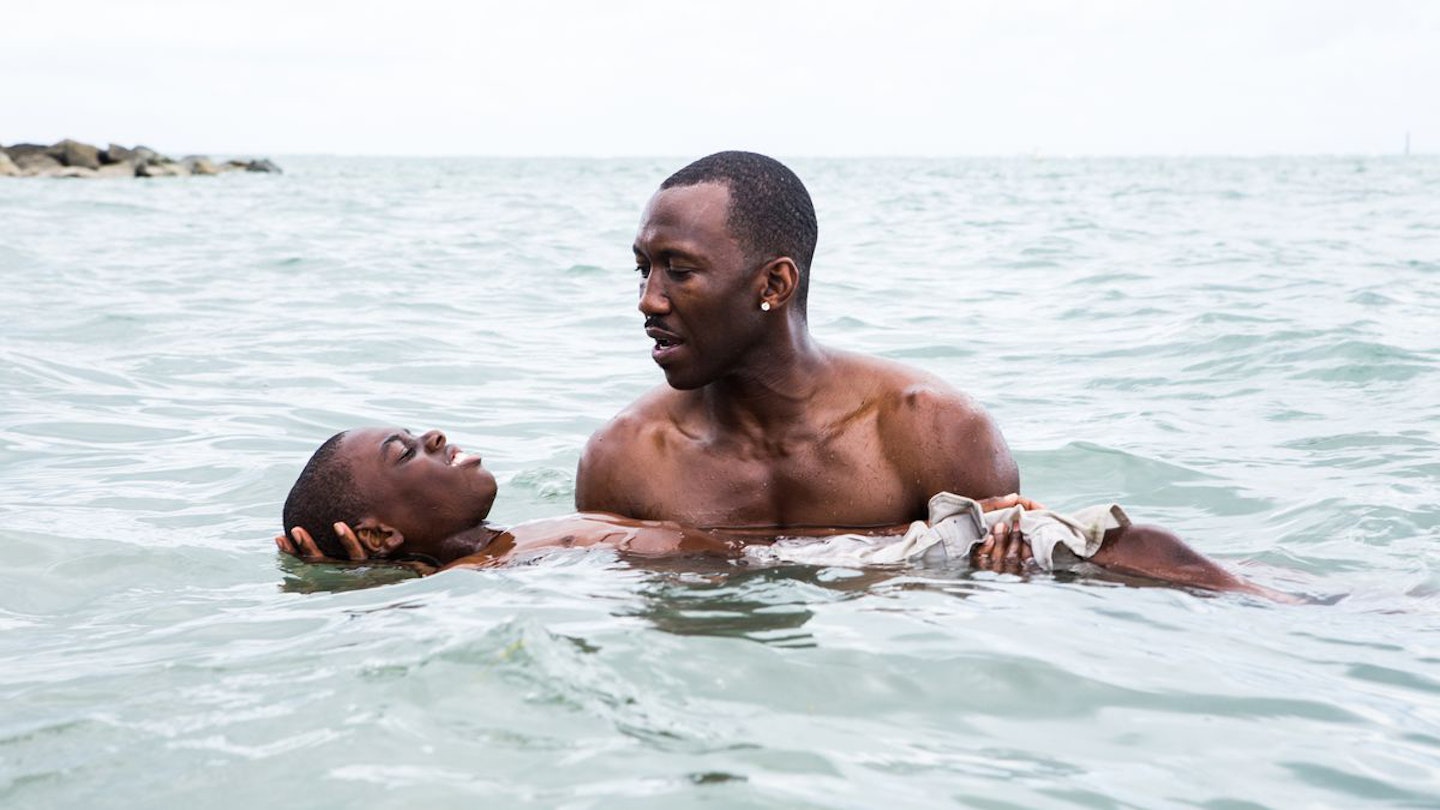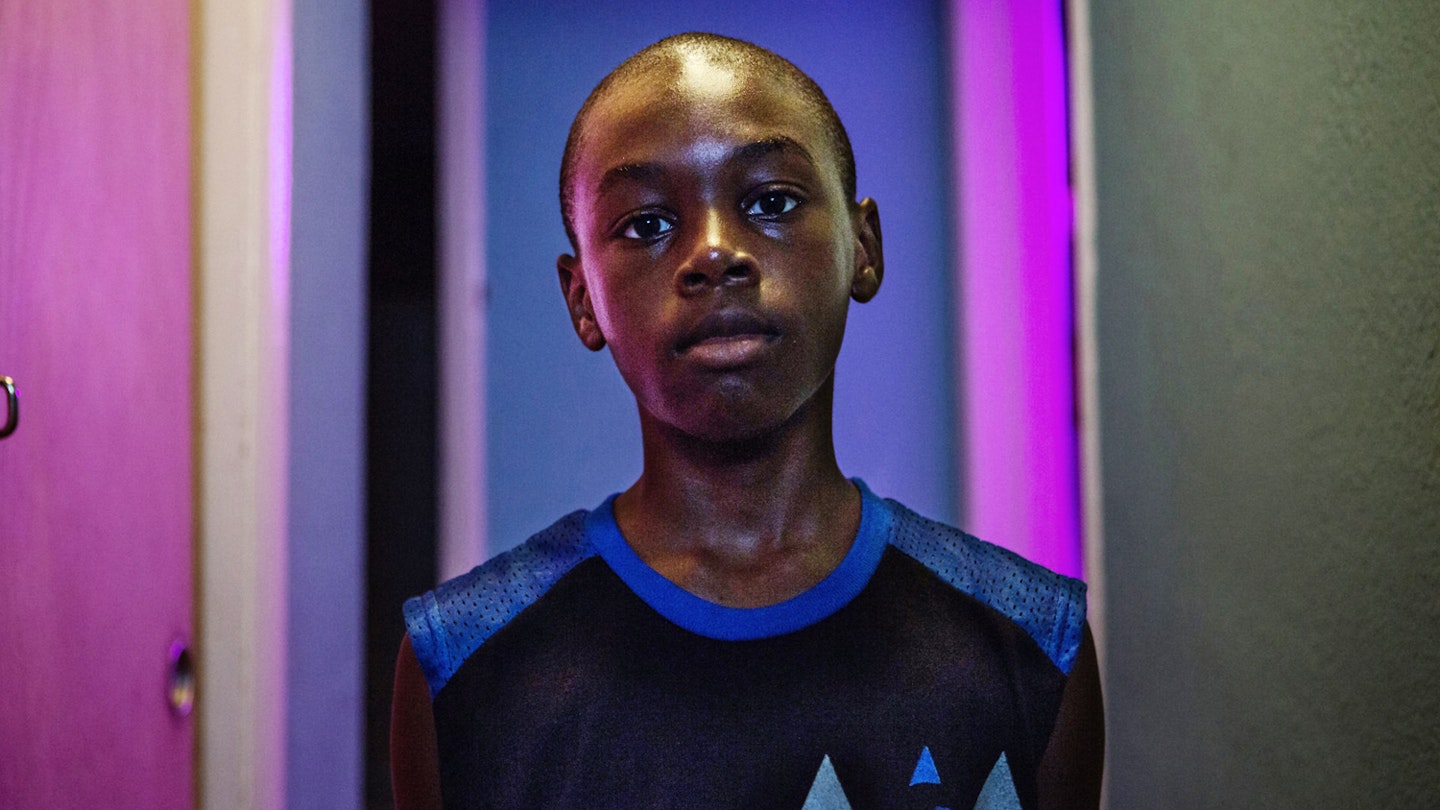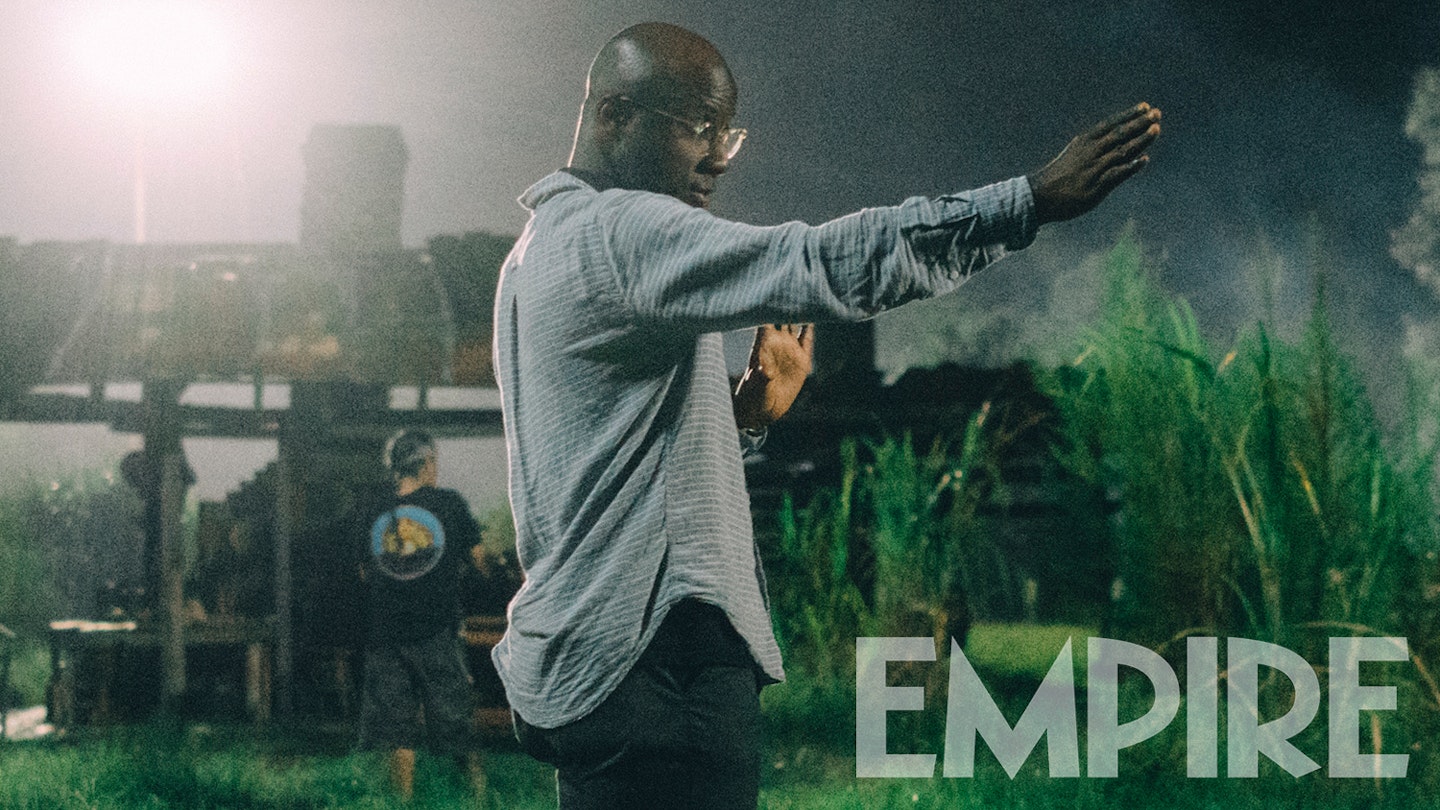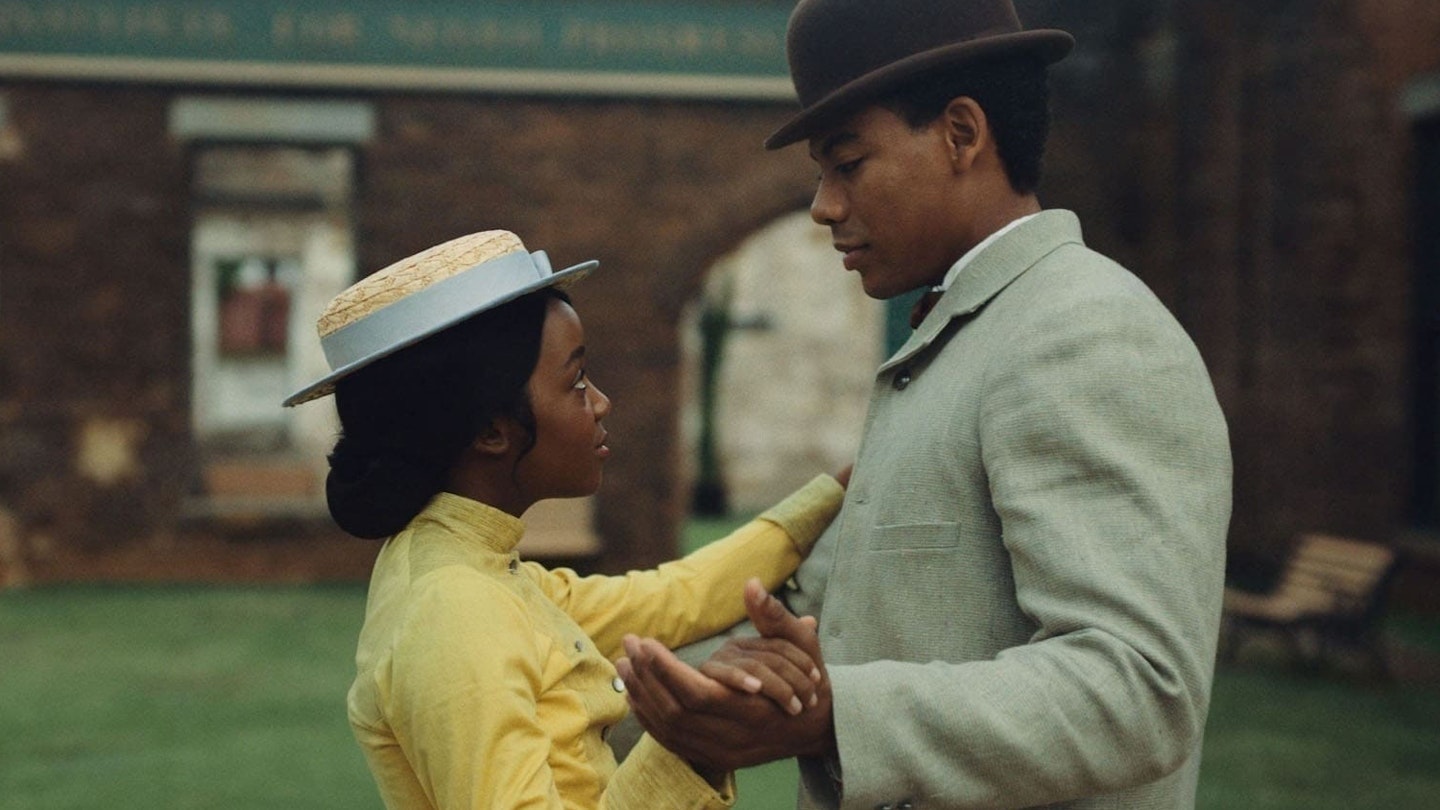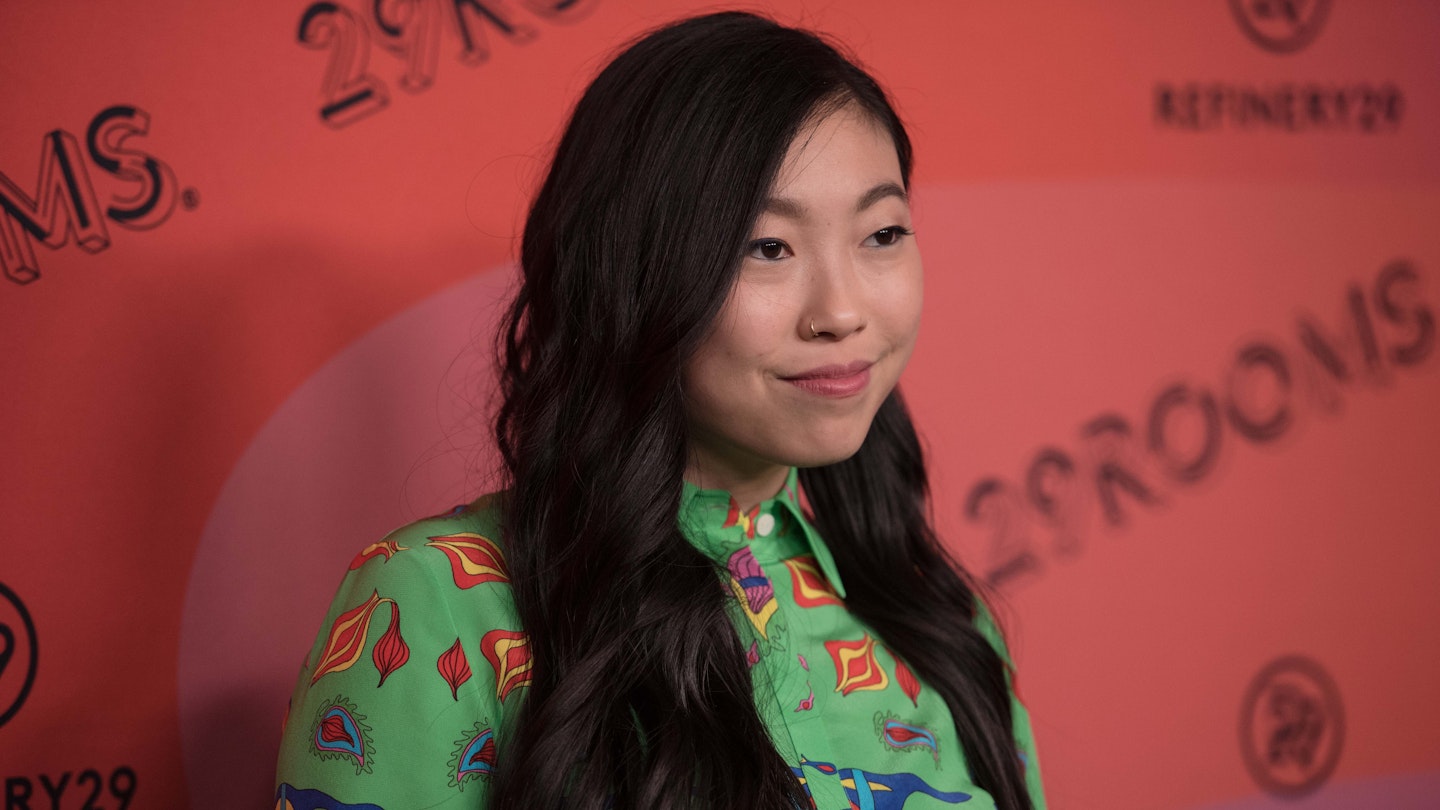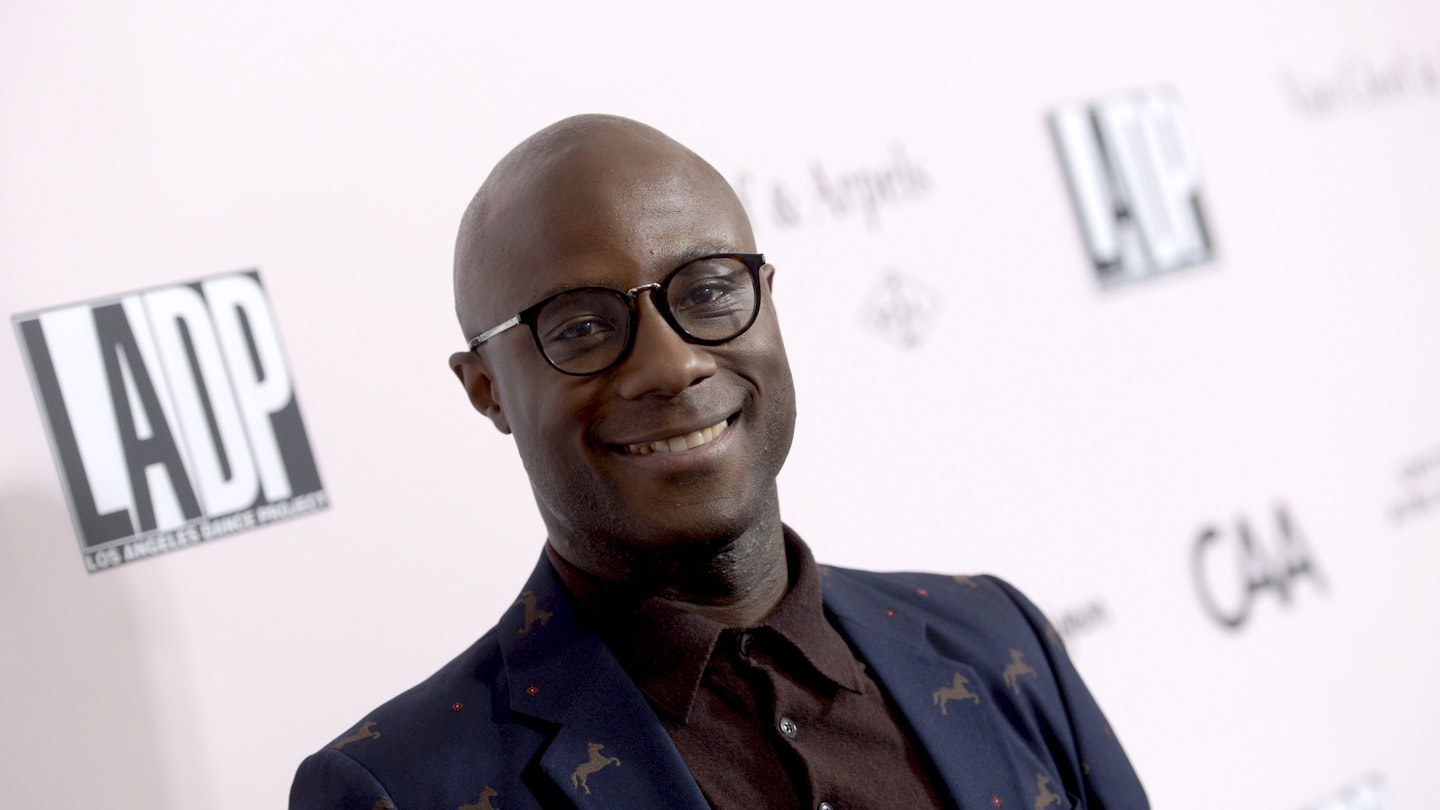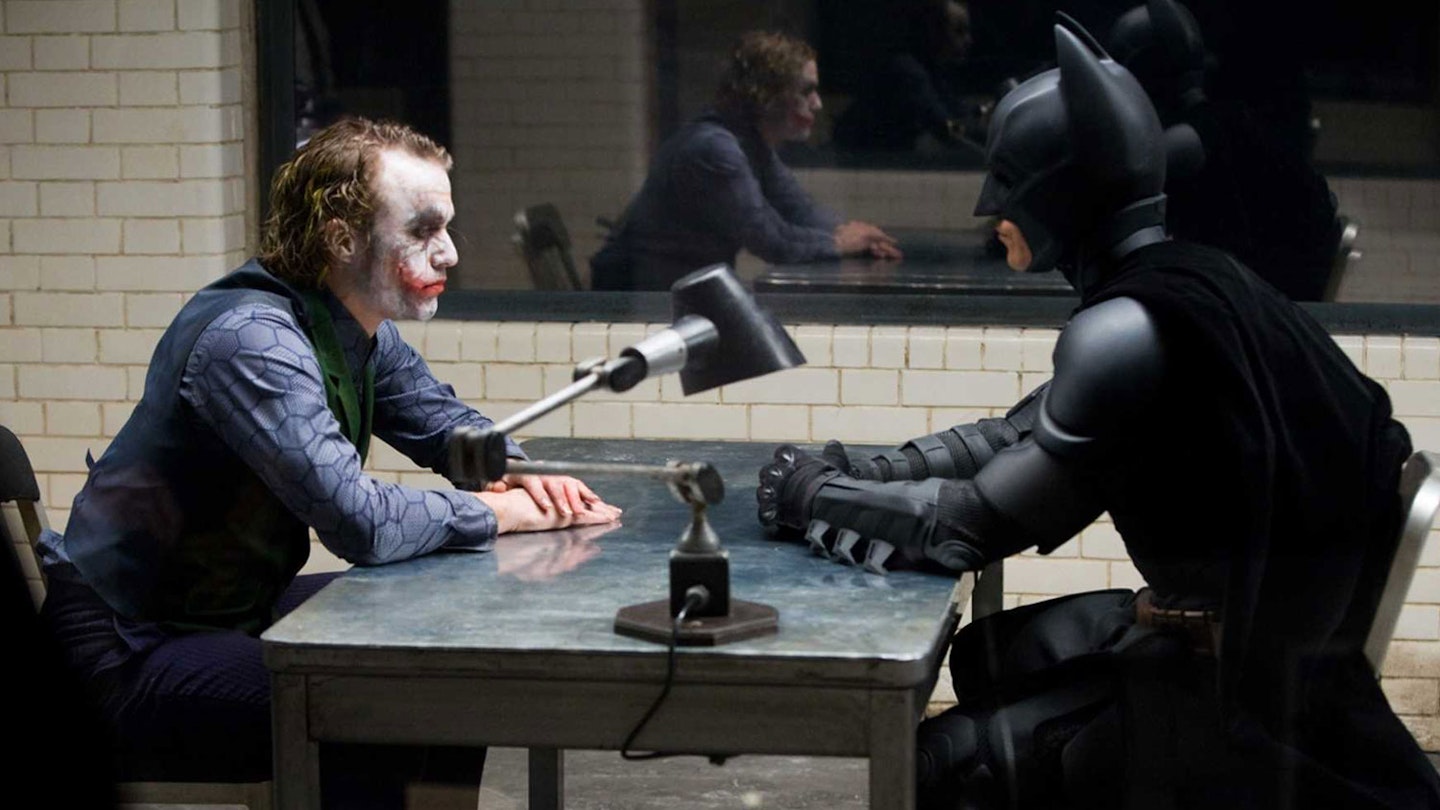Moonlight director Barry Jenkins obviously doesn’t care much for Chekhov’s gun. In a Miami-set movie which features two drug-dealer characters, we twice glimpse pistols, supposedly loaded. But neither is ever fired. Russian playwright Chekhov would have argued these unspent firearms are thus superfluous to the plot, but watching Jenkins’ second feature, nothing feels superfluous. In fact, it goes deeper than that. The beauty of Moonlight is that it makes everything not only feel keenly relevant, but also somehow beautiful.
A genre-defying film.
This is quite an achievement given it features scenes of harsh playground bullying and psychological abuse at the hands of a crackhead mother (Naomie Harris) and centres on a character, Chiron, who feels alienated by his sexuality. Yet, working with cinematographer James Laxton, Jenkins gives Moonlight a visual quality which matches its title, suffusing every scene with a preternatural glow — whether it’s a swimming lesson in the shimmering Atlantic, or a high-contrast teen Chiron (Ashton Sanders) easing the pain of his facial bruises in a basin full of ice. Jenkins has admirably resisted the faux-documentary style that often characterises films with such hard, street-level subject matter, and substitutes gleam for grit through its full-on widescreen framing and luxuriantly saturated colours.
Not that this is an exercise in style over substance. Jenkins’ attention is just as fixed on his characters and the actors who play them. There are similarities to Richard Linklater’s Boyhood in the way Moonlight so astutely captures that bumpy, winding journey from child to man, though Chiron is more traditionally presented than Linklater’s Mason — in three separate chapters of his life and portrayed by three different actors. Not that they make any less of an impact.
If the Best Actor Oscar could be shared, then Alex Hibbert, Ashton Sanders and Trevante Rhodes would be a shoo-in for their equally fearless, utterly absorbing three-in-one portrayal of Chiron (based in part on Jenkins himself, and in part on Tarell Alvin McCraney, whose play In Moonlight Black Boys Look Blue is the inspiration for Jenkins’ script). Hibbert is huge-eyed and heart-rending as the withdrawn, diminutive child left to fend for himself during his mother’s long absences. Sanders exudes explosive awkwardness as the gangly, bullied teen standing at a crossroads where he will be empowered either by love or rage. And Rhodes undercuts smooth charm with a sense of jagged disquiet as the buff, 26-year-old “trapper” with gold dentures who returns to that crossroads a decade later. It’s rare to see three different actors depict a single life so convincingly, and Jenkins wisely gives each roughly equal screen time so the heavy load of Chiron is evenly spread.
Though this story is driven by that one character, Jenkins enwraps him in a no less impressive supporting cast. House Of Cards and Luke Cage star Mahershala Ali dominates the first chapter as Juan, a slick dealer who develops an attachment to the young Chiron, abhorring the father-shaped vacuum in the kid’s life and resolving to fill it. Ali is an actor used to playing unblinking tough guys, but here he gets to really break one open and reveal the kind of tenderness you’d never usually expect from this movie ‘type’.
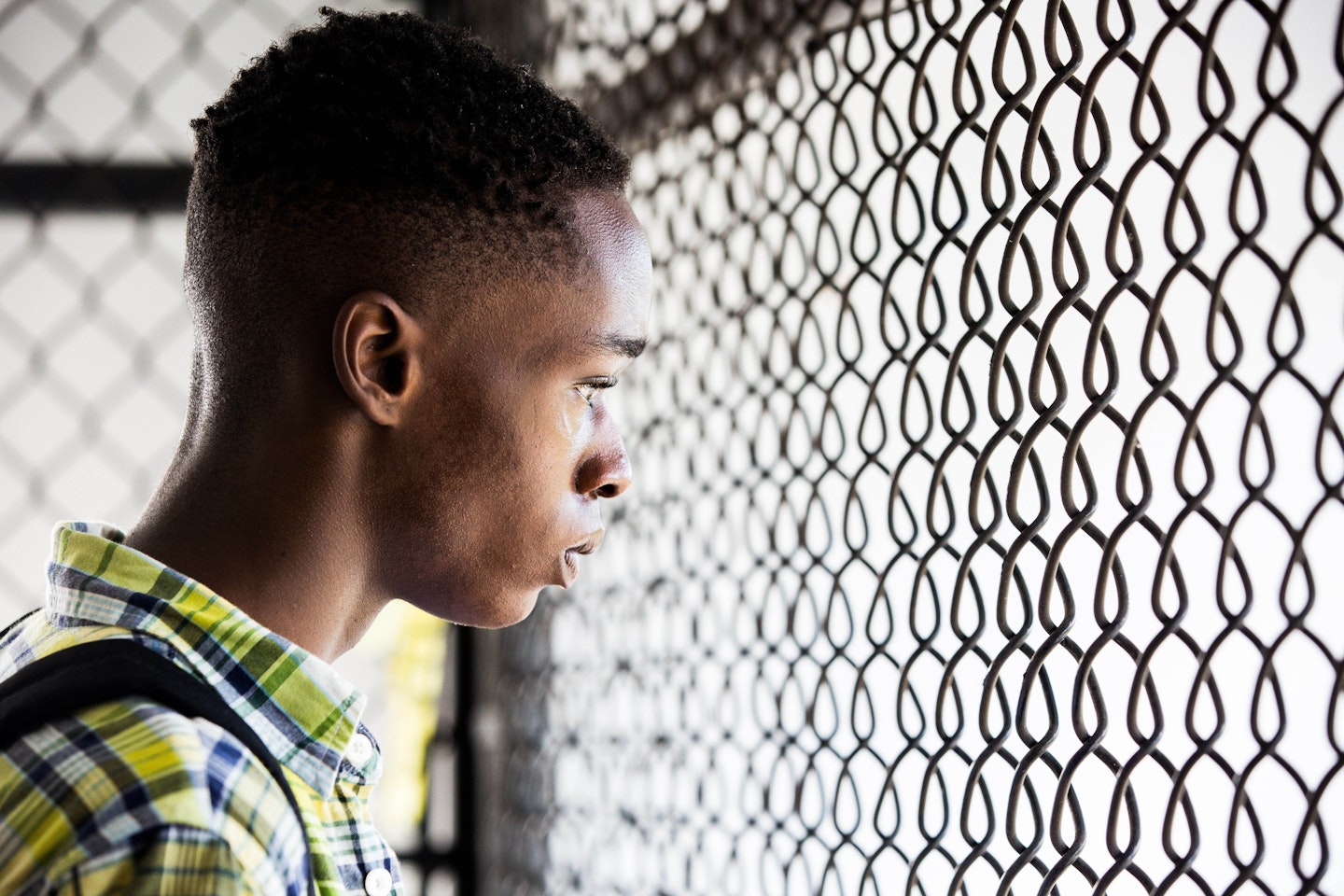
Naomie Harris, meanwhile, excels in the role that strays closest to ghetto-cliché: Chiron’s crack-twisted mother, Paula. Indeed, she was initially reluctant to take the part, which triggered her ‘negative stereotype’ alarm, and was only talked around by Jenkins when he explained its roots in his own and McCraney’s pasts. Lucky for the film he succeeded, because though Paula’s treatment of Chiron is often appalling, her love for him still shines through and you feel all the pain of her single-parent struggle, even though that happens without a single line in the script to lay out her victimhood. It’s an exemplary performance and Harris’ finest, rawest work to date — all the more impressive for being achieved in a few days of her downtime during the Spectre US press tour.
Great drama doesn’t require the firing of a loaded gun. It can come just as effectively from a lone child bathing in washing-up liquid and stove-heated water, or the sharing of a seaside spliff, or the locked gaze of two men sat at a café table. A fired gun is just too easy, and Moonlight is anything but easy — in the most gorgeous and watchable way.
